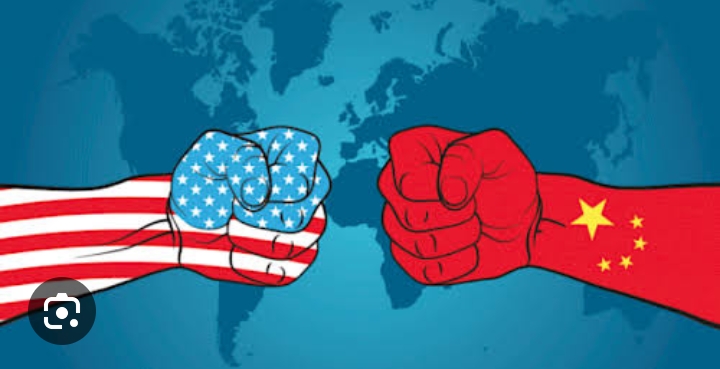INTERNATIONAL RELATIONS
QUESTION FOR THE DAY: To what extent is the rise of China have raised concerns about the emergence of a new bipolar world order, and what steps can be taken to mitigate this risk? (250 WORDS)
Introduction:
- China’s rapid economic growth and growing military power have undoubtedly altered the international landscape, raising questions about the potential for a new bipolar world order.
- While the emergence of China as a significant power has brought about positive developments, such as increased economic growth and trade opportunities, it has also introduced new dynamics and potential challenges to the global order.
Several factors could contribute to the emergence of another bipolar world:
1.Ideological differences:
- The fundamental ideological divide between the US and China remains a major source of tension.
- EXAMPLE: The US’s promotion of democracy and human rights contrasts with China’s emphasis on state control and party ideology.
2.Economic competition:
- The US and China are increasingly competing for economic dominance, particularly in areas like technology, trade, and market access.
- This economic rivalry could escalate into a broader geopolitical competition.
3.Military modernization:
- Both the US and China are modernizing their militaries, raising concerns about potential military confrontation.
- The US maintains a global military presence, while China is expanding its military capabilities in the Asia-Pacific region.
4.Technological advancements:
- The rapid pace of technological advancements, particularly in artificial intelligence and cyber warfare, could create new sources of tension and rivalry between the two superpowers.
The Potential Implications of a New Bipolar World
Increased Geopolitical Tensions
- A bipolar world could heighten geopolitical tensions and rivalries between major powers, potentially leading to proxy conflicts, arms races, and a decline in international cooperation.
Economic Disruptions and Trade Wars
- Economic competition and trade wars between major powers could disrupt global supply chains, hinder economic growth, and exacerbate existing economic disparities.
Technological Competition and Weaponization
- The race for technological dominance, particularly in areas like artificial intelligence and cyber warfare, could increase the risk of technological escalation and the weaponization of new technologies.
To prevent the emergence of another bipolar world, the US and China should
Engage in high-level dialogue: Regular communication between leaders can help prevent misunderstandings and build trust.
Establish clear rules of engagement: Establishing clear rules of conduct in areas like military interactions, cyber operations, and trade can reduce the risk of miscalculations.
Focus on areas of cooperation: Collaborating on issues of mutual interest, such as climate change, pandemics, and nuclear non-proliferation, can foster a more cooperative relationship.
Promote multilateralism: Strengthening multilateral institutions like the United Nations and the World Trade Organization can provide a framework for addressing common challenges and managing potential conflicts.
CONCLUSION:
The future of US-China relations will have a significant impact on the global order. By managing their rivalry responsibly and promoting cooperation, the US and China can help prevent the emergence of another bipolar world and contribute to a more peaceful and prosperous future.

